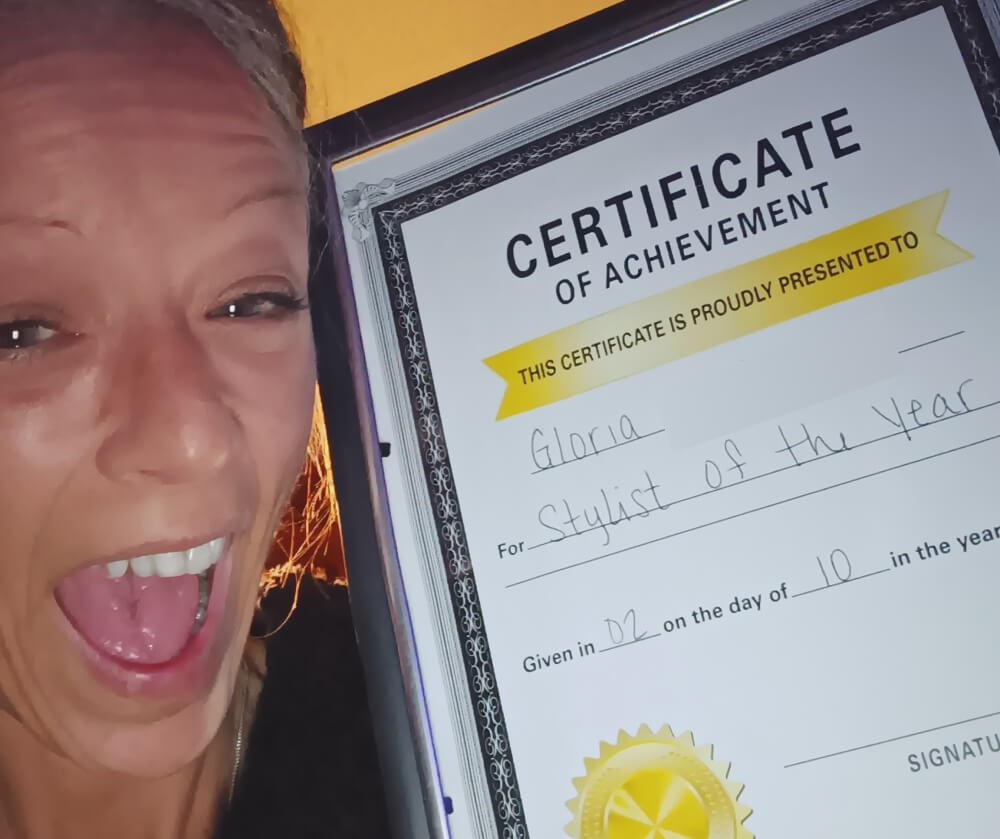Are you wondering if you have to tell your boss you’re in recovery? The short answer is no. In most cases, you do not have to discliose that information. The longer answer is that it’s complicated. It can feel conflicting, to go back and forth between being very open in recovery spaces but more closed off in the workplace, especially when we spend most of our time working. However, there is nuance here; whether to share about your recovery at work depends on your profession, whether you’re seeking treatment, and other personal choices. Let’s explore the complexities of self-disclosure and some helpful things to consider before sharing about your recovery with your employer.
Does your profession require this kind of disclosure?
This part is complicated. Some occupations, like nursing, social work, and medicine, may require professional self-disclosure. In the U.S., most providers are bound by privacy laws (e.g., HIPAA, which protects medical information). Still, there is nuance depending on your country and your coworker’s ethical obligations under these regulatory bodies if they are concerned about your competence and patient safety.
For example, in the U.K., the medical board (called The General Medical Council) requires doctors to seek assistance from colleagues if they think they have a condition that may impair their judgment and remind doctors that they “must not rely on their assessment of the risk to patients” (Good Medical Practice).
Additionally, many licensed professions require colleagues to report concerns about their coworkers. For instance, the National Association of Social Workers (NASW) in the U.S. advises colleagues to consult with a coworker and assist the team member in remedial action. Still, if their “substance abuse” interferes with their practice, the NASW ethical standards (2.08) require social workers to “take action through appropriate channels,” i.e., report them to employers, agencies, NASW, and other regulatory bodies.
So, your professional obligations can be complicated, and includes considering:
- Your ethical obligations
- Considerations of coworkers and risk to clients or patients if you are a provider.
What stage are you at in your recovery?
If you’ve been in recovery for a while, you may feel confident managing your recovery and any risks of returning to use. If, however, you are currently seeking treatment, you may want to consider:
- How well you function: Are you missing meetings, struggling with forgetfulness, and staying on task? Do you regularly miss work?
- Risks: Do you come into work hungover? Could this impact your ability to do your job and pose a risk to clients (if you’re in a client-facing role), yourself, and your coworkers? As you know, being intoxicated can seriously affect your cognition, coordination, motor skills, and more.
- Your rights: Substance use disorder is a protected condition under the Americans with Disabilities Act and the Rehabilitation Act, and employers are prohibited by federal law from discriminating against employees because of a disability. But this isn’t a shield against termination; in the U.S. most employers can legally fire you for performance issues that occur while you’re under the influence or for taking illegal drugs.
- Asking for support: Some employers, depending on their employee status, may offer an employee assistance program, or you may qualify for the Family and Medical Leave Act (FMLA). Using these resources doesn’t mean you have to tell your boss why you need them, but it may mean that you need to let them know you have a medical condition.
How to tell your employer about your recovery
If you do decide to tell your employer about being in recovery, here are some tips to consider:
- Get clarity about your motivation: You’ll need to be clear about why you are telling your employer about being in recovery and what you hope to get out of the conversation. For example, your motivation may be to ask for support, as an increase in workload may be stressful, and stress may trigger you if you’re in early recovery.
- Be brief: Your employer doesn’t need to know all the details of your substance use or recovery. Just tell them triggers, what you are asking for support with, or ask for alternatives to bars when organizing social gatherings.
- Feel empowered: Know your rights, feel confident in your recovery, and be prepared to practice your boundaries. Quite often, people like to ask invasive questions, so be discerning about what they really need to know and if it is directly applicable to your job. Otherwise, you can tell them you feel uncomfortable disclosing personal and private health information.
In some workplaces, being open about your substance use disorder and recovery will be well accepted and may draw you closer to your team. In others, it could open you to bullying and gossip and impact your chances of advancement. No matter which way you’re leaning, try to get a feel for your workplace culture around recovery before you open up.








